Home / karnataka / Karnataka’s Rape Conviction Rate Stands at Just
Karnataka’s Rape Conviction Rate Stands at Just
By: My India Times
4 minutes read 92Updated At: 2024-11-08
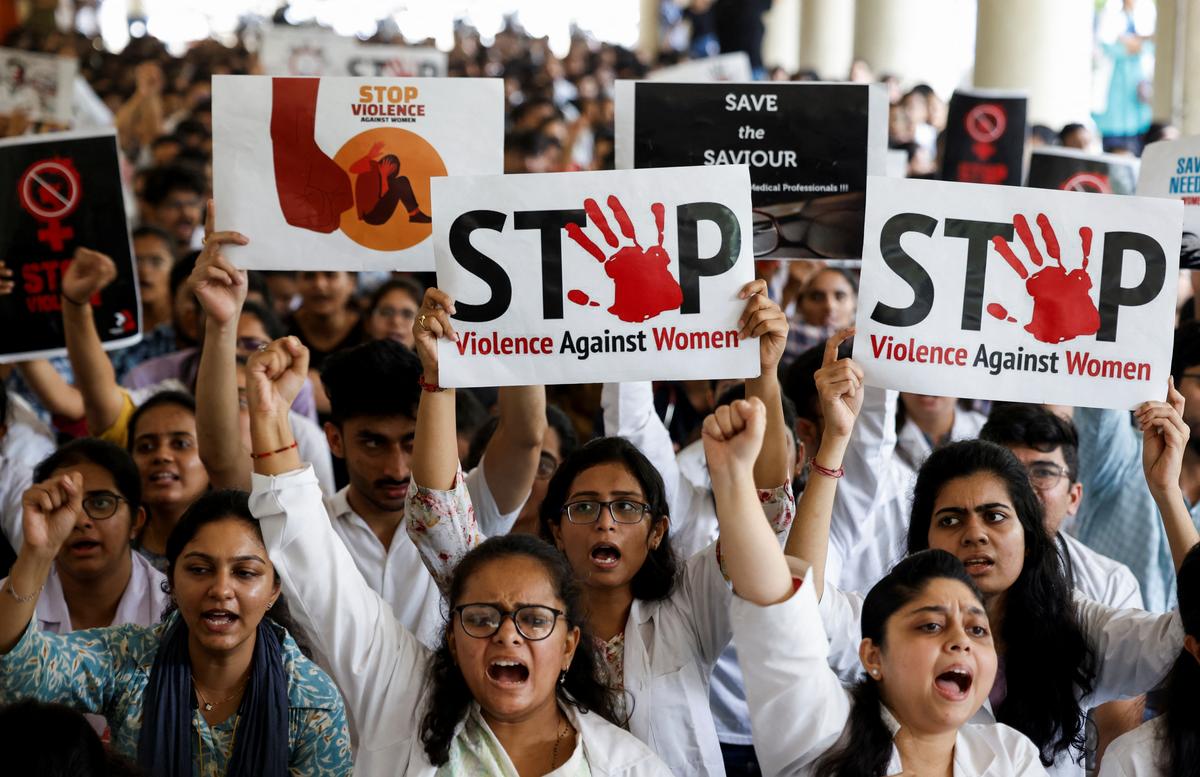
In Karnataka, the conviction rate for rape cases remains alarmingly low at just 0.36%, according to the latest data from the State Crime Records Bureau (SCRB). This statistic paints a bleak picture of the justice system, where only six out of 1,624 rape cases registered between 2022 and September 2024 resulted in convictions. Meanwhile, 74 cases ended in acquittals, and 104 cases were found to be false, raising concerns about systemic failures in handling such sensitive and grave matters.
Experts attribute the poor conviction rate to a multitude of factors, ranging from delays in trials to inadequate investigations and a shortage of judicial resources. Delays in court proceedings, often spanning years, weaken cases and cause crucial evidence and witness testimonies to become inconsistent. The backlog of cases, caused by a shortage of judges and overloaded courts, further exacerbates the issue, with some trials taking up to 5 years to reach conclusion.
Key Challenges Facing the Legal System
The delay in trials, according to former Director General of Police (DGP) ST Ramesh, is one of the primary reasons for the low conviction rate. "A delay in trial hampers the effectiveness of the case," Ramesh explained. "Witnesses often forget important details over time, and inconsistencies in their testimonies give the defense an advantage. Moreover, the length of legal procedures and frequent adjournments requested by lawyers contribute to the already overwhelming backlog of cases."
Ramesh further emphasized that improving the quality of investigations is crucial to boosting the conviction rate. Proper documentation of evidence, including oral, circumstantial, forensic, and medical evidence, is vital in building a strong case that can stand up in court. He also pointed to the need for better witness protection laws, noting that witness intimidation and hostile testimonies are common issues that undermine the judicial process. "An exclusive witness protection law is critical to ensure that victims and witnesses are not coerced into changing their statements," he added.
Systemic Issues and Social Stigma
Rajalaxmi Ankalagi, an advocate and social activist, highlighted that the lack of thorough investigations and insufficient evidence often leads to prolonged trials and weakened cases. "In many rape cases, the accused are known to the victim—fathers, uncles, or grandfathers—making the situation even more complicated. The fear of social stigma often prevents victims from reporting crimes, especially when the perpetrator is a family member or someone within their social circle," Ankalagi said.
She also pointed out that societal pressures, including concerns about family reputation, lead many cases to be compromised or withdrawn, further hindering justice. "These delays not only cause trauma for the victims, but they also affect their mental health," Ankalagi stated. "It is critical to create a fast-track system for such cases and ensure that the courts are adequately equipped to dispose of them swiftly."
Need for Fast-Track Courts and Legal Reforms
In response to the alarming conviction rates, legal experts and police officers are calling for significant reforms, including the establishment of more fast-track courts dedicated to rape cases. These courts would be tasked with expediting the legal process, ensuring timely trials and reducing the backlog of cases. Additionally, some advocates suggest that audio and video recording of victim and accused testimonies could help streamline the process, reducing the time spent on manual transcriptions and ensuring greater accuracy.
The need for an overhaul of the entire judicial process from complaint registration to trial has never been more urgent. "The entire system needs a complete revamp," Ankalagi stressed. "There should be better mechanisms for evidence collection, faster trials, and an emphasis on trauma-informed care for victims throughout the legal process."
Addressing False Cases
Another challenge contributing to the low conviction rate is the rise of false rape accusations. While consensual acts may sometimes later be reported as rape due to misunderstandings or personal conflicts, this practice undermines the credibility of genuine cases. According to law enforcement officials, it is essential to distinguish between false and legitimate cases, as false accusations can tarnish the integrity of the justice system and divert attention from real victims.
As of September 2024, Bengaluru reported the highest number of rape cases in the state, with 131 such incidents. Other districts like Tumakuru, Chikkaballapur, and Hassan followed with lower but concerning figures. Moreover, cases of sexual violence by known perpetrators, including relatives, neighbors, and acquaintances, account for a significant proportion of rape incidents, underscoring the need for a nuanced approach in handling these sensitive cases.
Moving Forward: A Call for Reform
The low conviction rate in Karnataka's rape cases signals a crisis in the state's criminal justice system, and the calls for urgent reforms have grown louder. Legal professionals, activists, and former police officials are united in urging the government to take immediate action to improve investigations, expedite trials, and implement a robust witness protection program.
In the face of these challenges, the onus is on both the judicial and law enforcement systems to ensure that victims of sexual violence receive justice. The state's authorities must address the systemic issues at play, starting with better resources for the courts, improved training for investigators, and a commitment to reducing delays in the trial process. Only through a comprehensive overhaul of the legal and investigative systems can Karnataka begin to provide justice for the many survivors of sexual violence whose cases currently languish in courts.
....In Karnataka, the conviction rate for rape cases remains alarmingly low at just 0.36%, according to the latest data from the State Crime Records Bureau (SCRB). This statistic paints a bleak picture of the justice system, where only six out of 1,624 rape cases registered between 2022 and September 2024 resulted in convictions. Meanwhile, 74 cases ended in acquittals, and 104 cases were found to be false, raising concerns about systemic failures in handling such sensitive and grave matters.
Experts attribute the poor conviction rate to a multitude of factors, ranging from delays in trials to inadequate investigations and a shortage of judicial resources. Delays in court proceedings, often spanning years, weaken cases and cause crucial evidence and witness testimonies to become inconsistent. The backlog of cases, caused by a shortage of judges and overloaded courts, further exacerbates the issue, with some trials taking up to 5 years to reach conclusion.
Key Challenges Facing the Legal System
The delay in trials, according to former Director General of Police (DGP) ST Ramesh, is one of the primary reasons for the low conviction rate. "A delay in trial hampers the effectiveness of the case," Ramesh explained. "Witnesses often forget important details over time, and inconsistencies in their testimonies give the defense an advantage. Moreover, the length of legal procedures and frequent adjournments requested by lawyers contribute to the already overwhelming backlog of cases."
Ramesh further emphasized that improving the quality of investigations is crucial to boosting the conviction rate. Proper documentation of evidence, including oral, circumstantial, forensic, and medical evidence, is vital in building a strong case that can stand up in court. He also pointed to the need for better witness protection laws, noting that witness intimidation and hostile testimonies are common issues that undermine the judicial process. "An exclusive witness protection law is critical to ensure that victims and witnesses are not coerced into changing their statements," he added.
Systemic Issues and Social Stigma
Rajalaxmi Ankalagi, an advocate and social activist, highlighted that the lack of thorough investigations and insufficient evidence often leads to prolonged trials and weakened cases. "In many rape cases, the accused are known to the victim—fathers, uncles, or grandfathers—making the situation even more complicated. The fear of social stigma often prevents victims from reporting crimes, especially when the perpetrator is a family member or someone within their social circle," Ankalagi said.
She also pointed out that societal pressures, including concerns about family reputation, lead many cases to be compromised or withdrawn, further hindering justice. "These delays not only cause trauma for the victims, but they also affect their mental health," Ankalagi stated. "It is critical to create a fast-track system for such cases and ensure that the courts are adequately equipped to dispose of them swiftly."
Need for Fast-Track Courts and Legal Reforms
In response to the alarming conviction rates, legal experts and police officers are calling for significant reforms, including the establishment of more fast-track courts dedicated to rape cases. These courts would be tasked with expediting the legal process, ensuring timely trials and reducing the backlog of cases. Additionally, some advocates suggest that audio and video recording of victim and accused testimonies could help streamline the process, reducing the time spent on manual transcriptions and ensuring greater accuracy.
The need for an overhaul of the entire judicial process from complaint registration to trial has never been more urgent. "The entire system needs a complete revamp," Ankalagi stressed. "There should be better mechanisms for evidence collection, faster trials, and an emphasis on trauma-informed care for victims throughout the legal process."
Addressing False Cases
Another challenge contributing to the low conviction rate is the rise of false rape accusations. While consensual acts may sometimes later be reported as rape due to misunderstandings or personal conflicts, this practice undermines the credibility of genuine cases. According to law enforcement officials, it is essential to distinguish between false and legitimate cases, as false accusations can tarnish the integrity of the justice system and divert attention from real victims.
As of September 2024, Bengaluru reported the highest number of rape cases in the state, with 131 such incidents. Other districts like Tumakuru, Chikkaballapur, and Hassan followed with lower but concerning figures. Moreover, cases of sexual violence by known perpetrators, including relatives, neighbors, and acquaintances, account for a significant proportion of rape incidents, underscoring the need for a nuanced approach in handling these sensitive cases.
Moving Forward: A Call for Reform
The low conviction rate in Karnataka's rape cases signals a crisis in the state's criminal justice system, and the calls for urgent reforms have grown louder. Legal professionals, activists, and former police officials are united in urging the government to take immediate action to improve investigations, expedite trials, and implement a robust witness protection program.
In the face of these challenges, the onus is on both the judicial and law enforcement systems to ensure that victims of sexual violence receive justice. The state's authorities must address the systemic issues at play, starting with better resources for the courts, improved training for investigators, and a commitment to reducing delays in the trial process. Only through a comprehensive overhaul of the legal and investigative systems can Karnataka begin to provide justice for the many survivors of sexual violence whose cases currently languish in courts.
By: My India Times
Updated At: 2024-11-08
Tags: karnataka News | My India Times News | Trending News | Travel News
Join our WhatsApp Channel



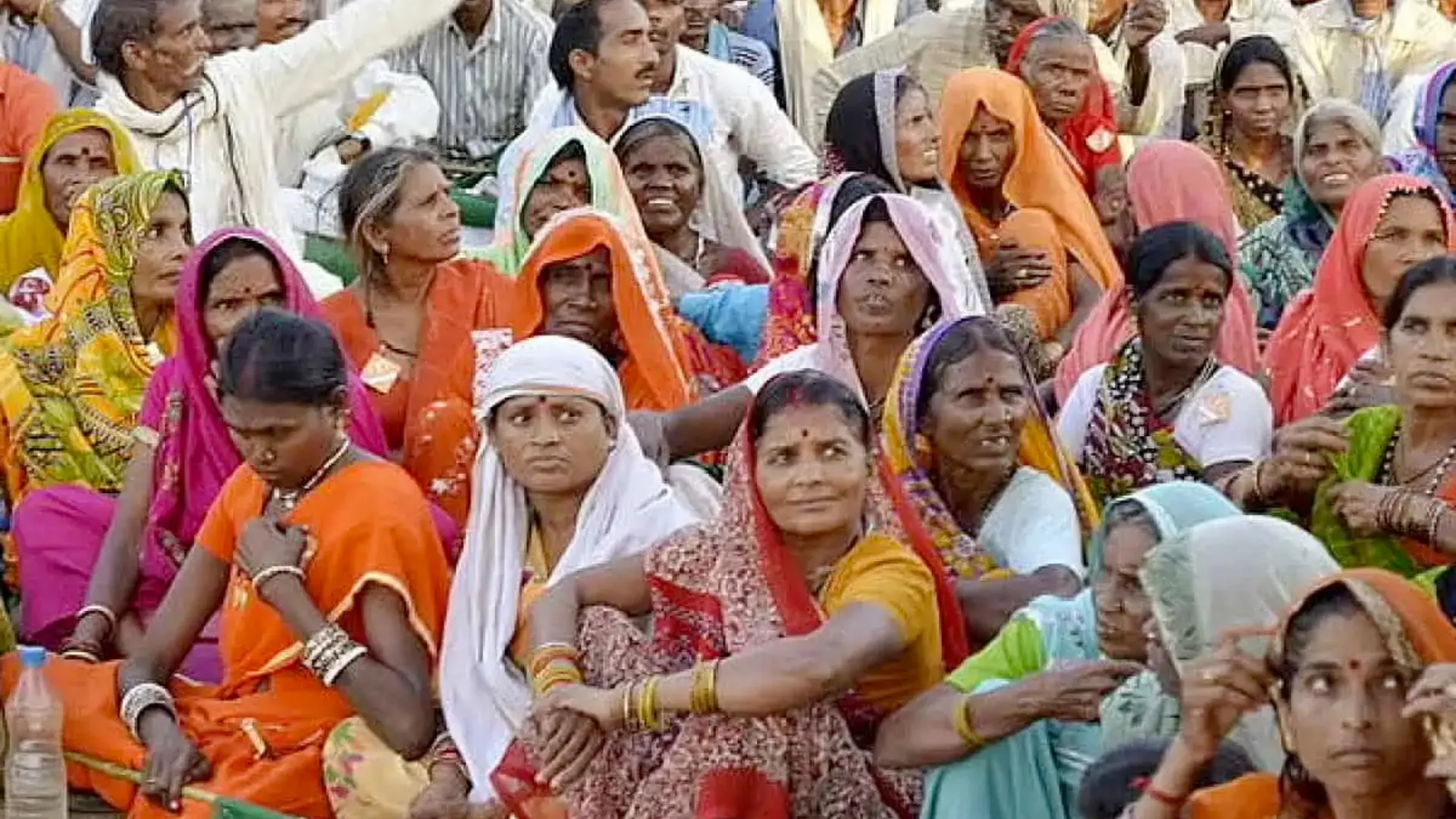



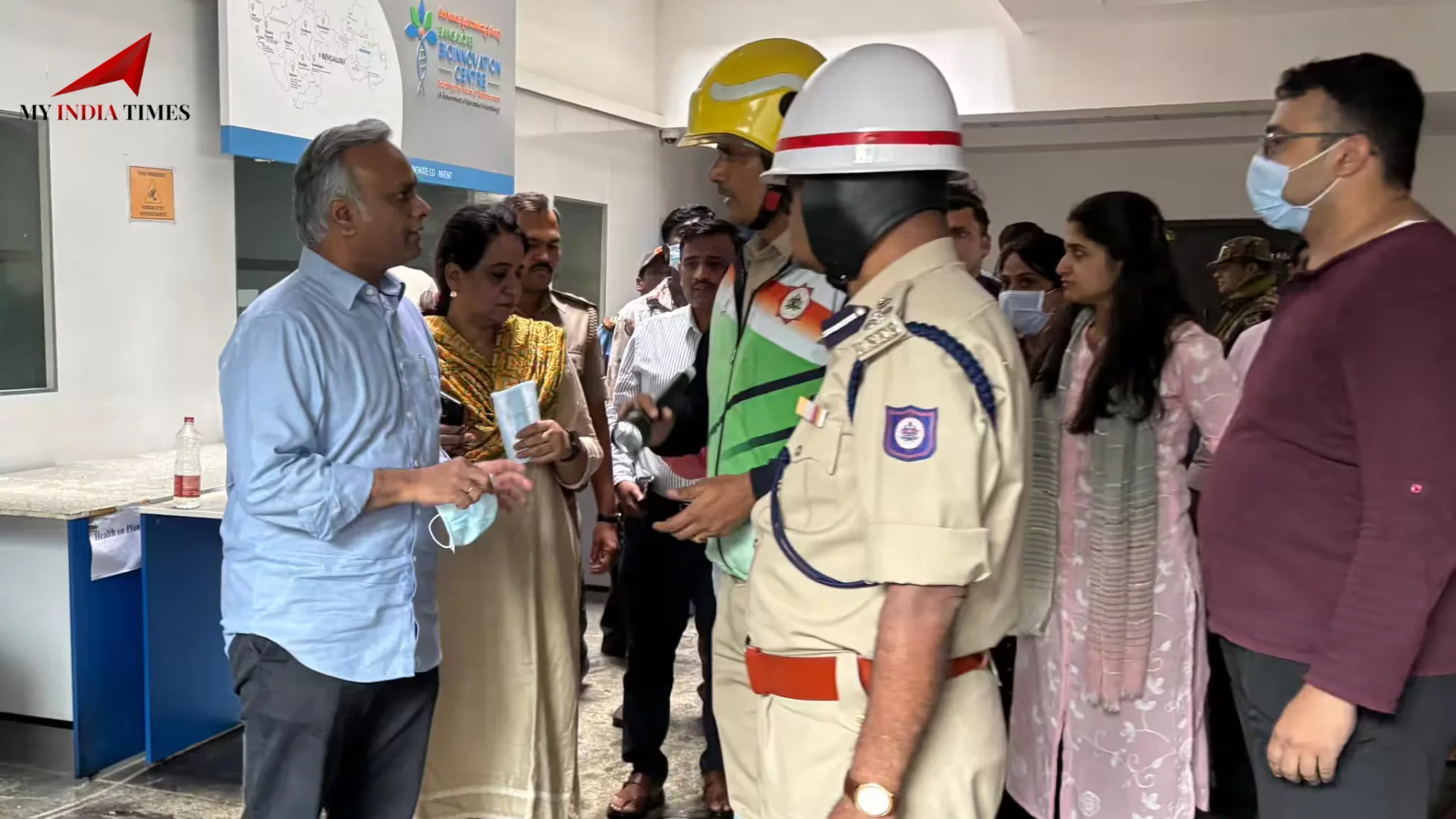



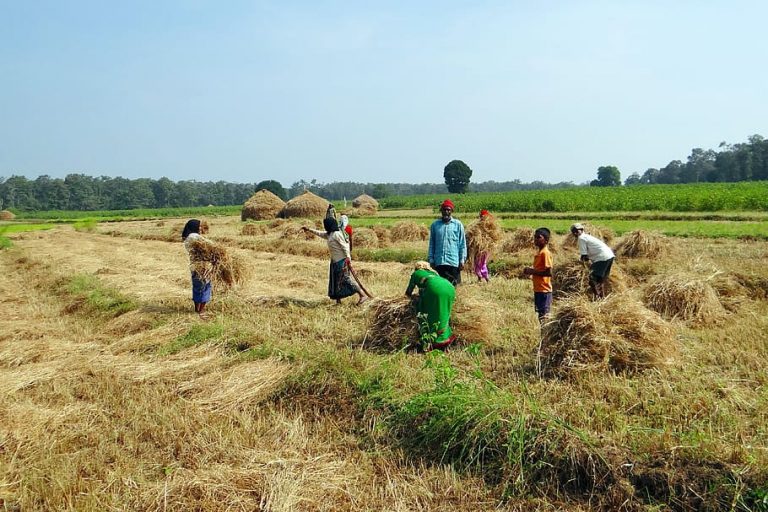

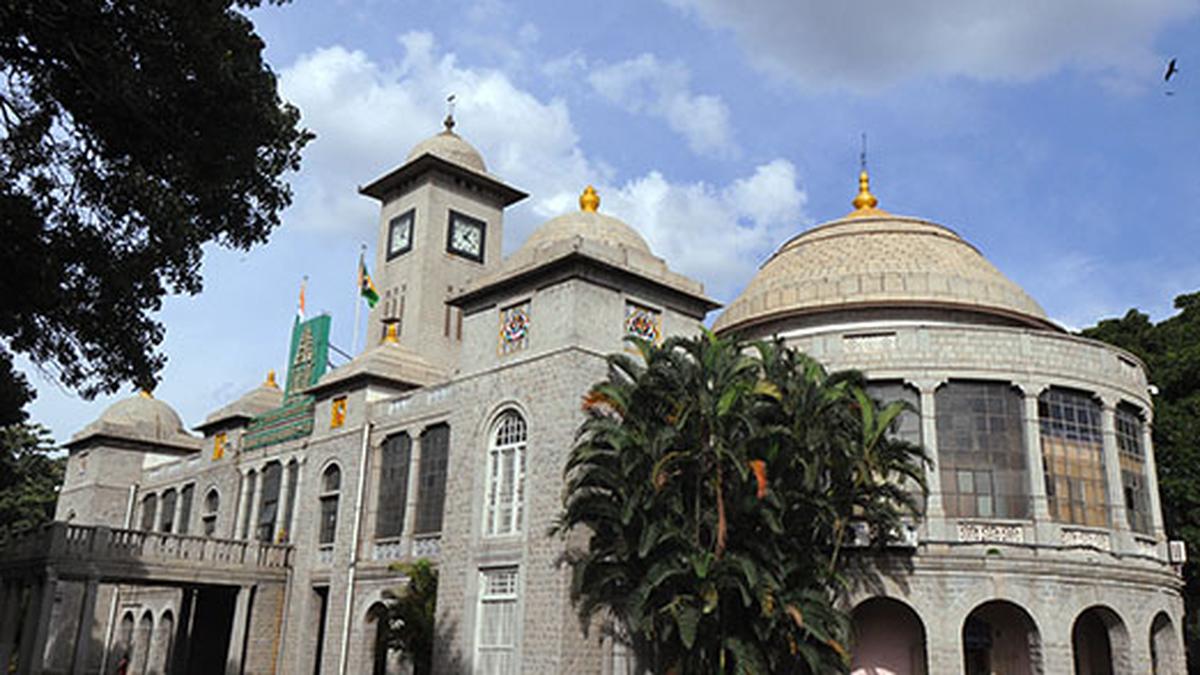
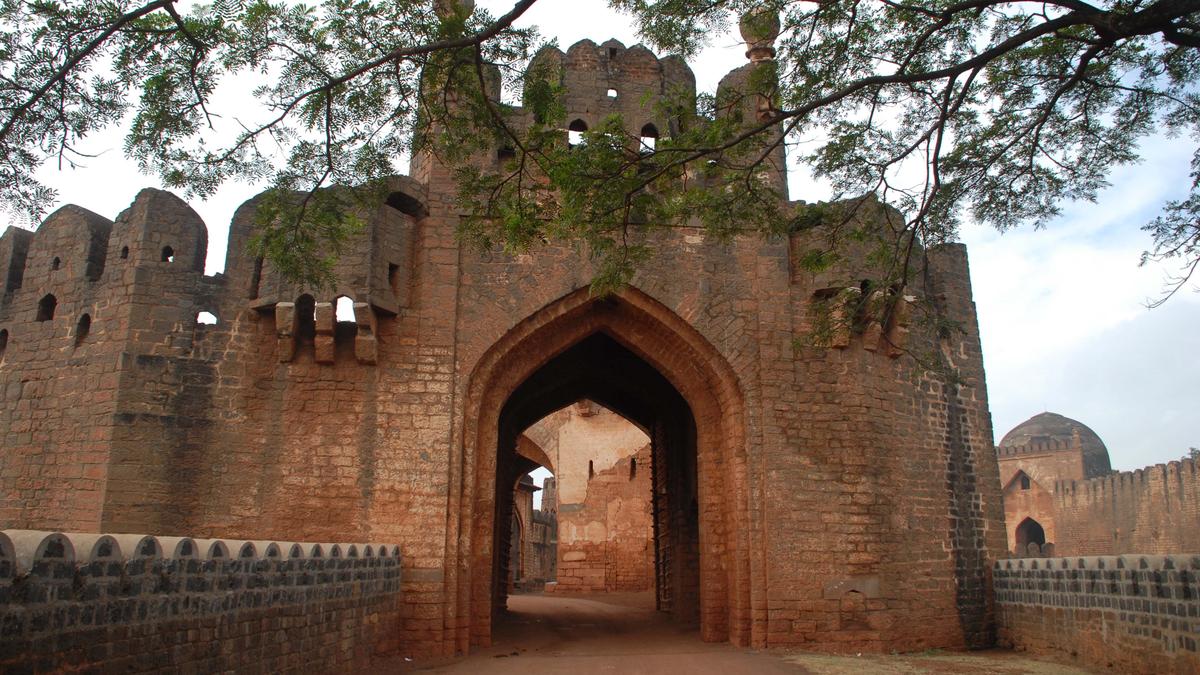
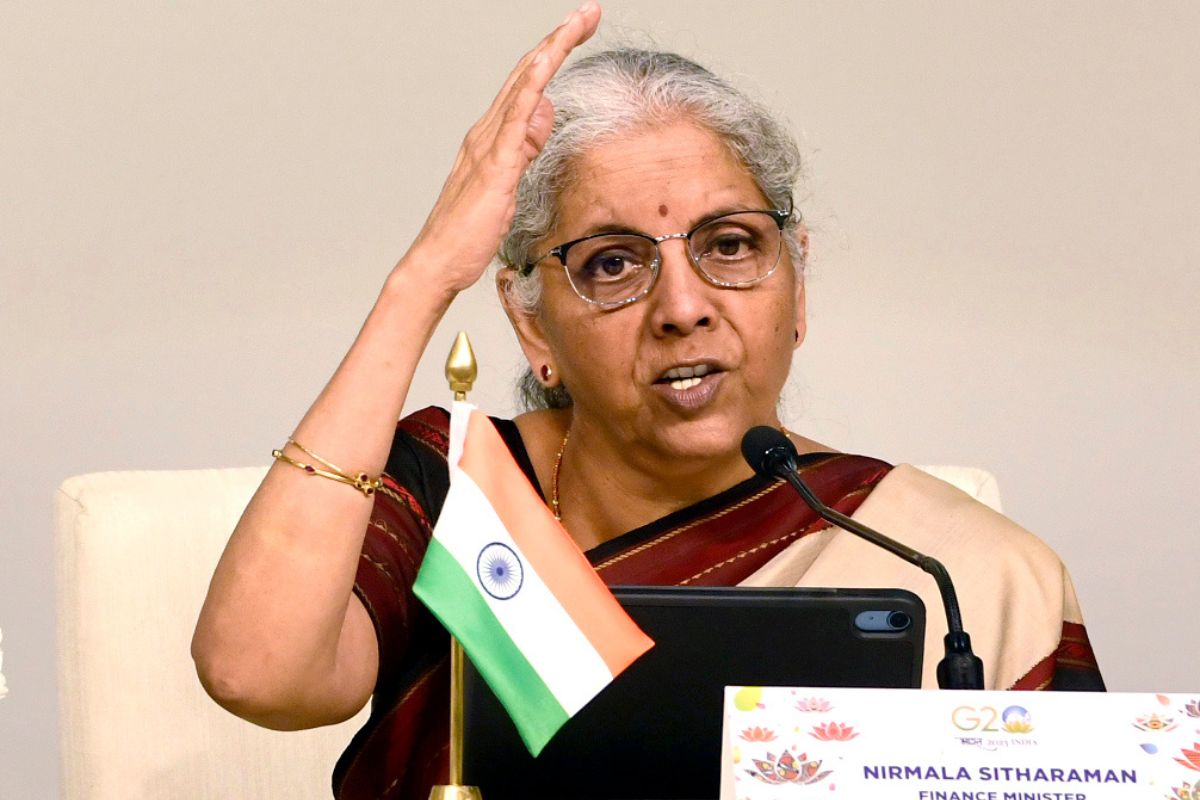



























































































.png)
 (1).png)























